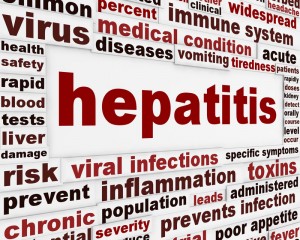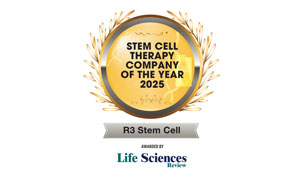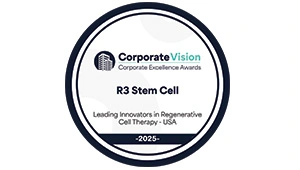Stem Cell Therapy for Hepatitis B and C in New Delhi, India
Hepatitis is a condition that affects the liver and the word hepatitis actually means liver inflammation in Greek. The liver is an important organ in the body that has a wide array of tasks which include detoxifying the blood, producing bile, maintaining proper glucose levels, producing hormones, urea, and synthesizing protein plasma just to mention a few.

Not many know this but hepatitis can actually heal naturally. However, it can also progress and damage the liver. Acute hepatitis lasts for six months or less while chronic is hepatitis has lasted for a much longer time.
There are different types of hepatitis namely A, B, and C. Hepatitis A is brought about by consuming infected food or water. This is the least complex form of hepatitis and most people actually get cured. Hepatitis B and C are more complex and about 250 million suffer from hepatitis C globally. Hepatitis B affects another 300 million.
Hepatitis B
Hepatitis B is contracted through the exchange of blood or bodily fluids. This means that it can be transmitted sexually, through the sharing of personal items such as toothbrushes, razors, or even needles. The virus can also be transmitted from the mother to the child at birth but with modern medicine this is preventable.
Casual contact cannot lead to the transmission of hepatitis B. The symptoms could take a long time before you can notice them and the early signs are often misdiagnosed as flu. A blood test is necessary in diagnosing hepatitis B and if the doctor suspects liver damage then a liver biopsy may be conducted.
Some of the symptoms of hepatitis B include mild fever, loss of appetite, stomach problems such as constipation, diarrhea, vomiting, and pain. Fatigue, headache, muscle, and joint aches, skin rash, and jaundice are signs of the virus. Hepatitis B can be deadly as serious liver damage could be cancerous.
Hepatitis C
 The virus is also transmitted through blood contact and this is a sneaky virus as most people are unaware of the condition until there has been some form of liver damage. Sharing of needs and blood transfusion are some of the easiest ways to contract this virus. There is still not much evidence linking sexual contact to the virus but it is still not ruled out as a cause and definitely increases the risk.
The virus is also transmitted through blood contact and this is a sneaky virus as most people are unaware of the condition until there has been some form of liver damage. Sharing of needs and blood transfusion are some of the easiest ways to contract this virus. There is still not much evidence linking sexual contact to the virus but it is still not ruled out as a cause and definitely increases the risk.
Some of the symptoms of hepatitis C include fatigue, dark urine, jaundice, sore muscles, joint, and belly aches. It is not rare to see chronic cases of hepatitis C that may have gone undiagnosed. Most people find out about these diseases when tested for blood donations or in routine checkups.
Preventing Hepatitis B and C
Prevention is always better than cure and hepatitis C does not even have a vaccine unlike hepatitis B. Both viruses cannot be spread through casual contact such as sharing utensils, kissing, hugging or even coughing. However, it helps not to share your personal items which may lead to blood contact. Safe sex also helps a great deal and monogamous relationships are encouraged. Mother to child transmission could also be prevented medically.
Stem Cell Therapy for Hepatitis B and C
Research shows that stem cell therapy could help in treating hepatitis B and C by regenerating the function of the liver. Although the research was conducted on mice, human liver-derived stem cells were used on the mice. The results showed that the stem cells could regenerate the liver to function normally and increase survival rates.















